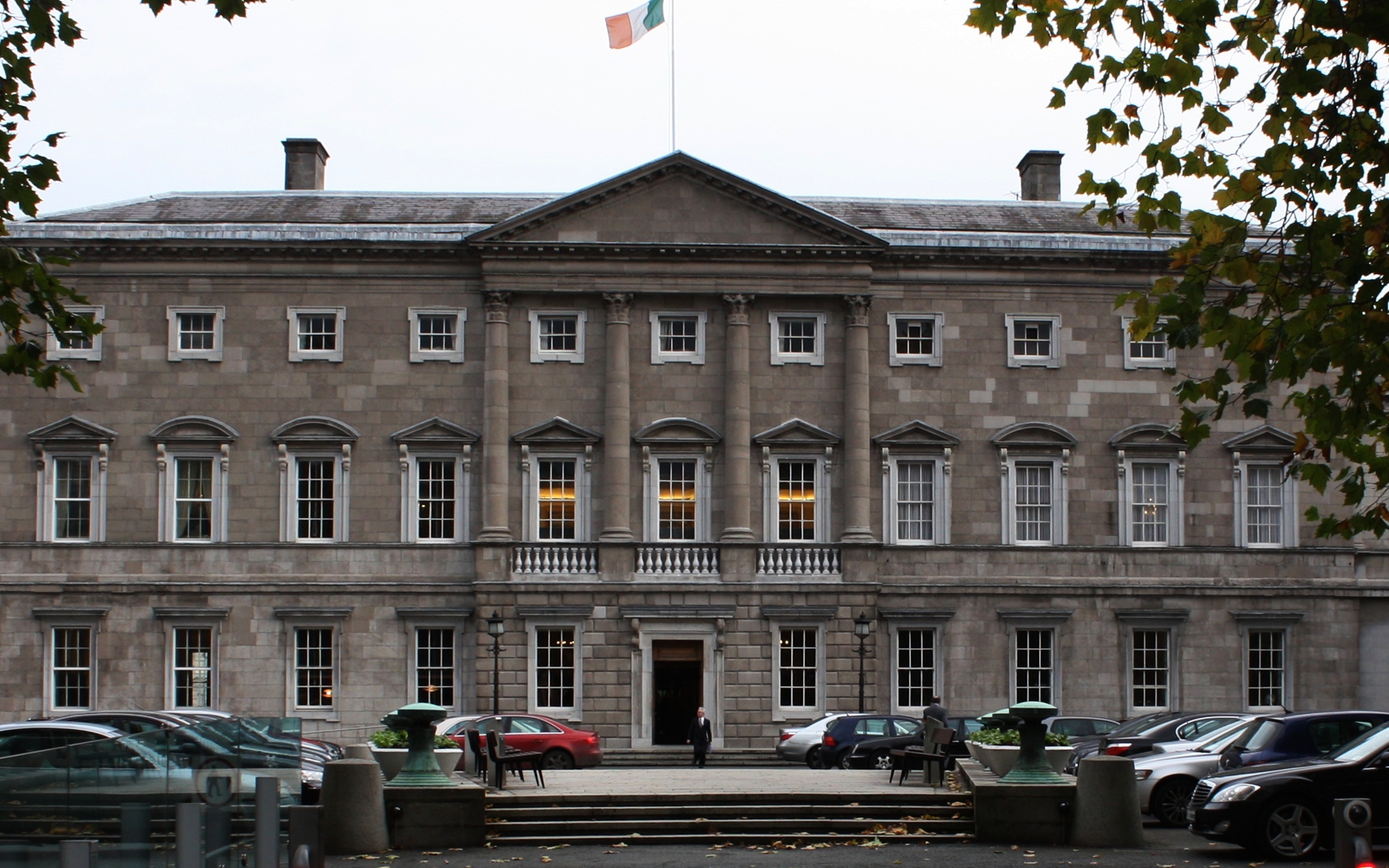The conflict in Ukraine has forced millions of children and young adults to flee their native country, seeking refuge and to continue their lives elsewhere.
As of May 2022, almost 6,000 Ukrainian pupils are now enrolled in Irish schools. As of August 2022 over 45,000 people have come to Ireland fleeing the conflict.
A crucial part of welcoming refugees into Irish communities is facilitating their access to education. With the right support, young Ukrainians would be able to pick up where they left off.
The importance of this transition has been recognized by the Department of Further and Higher education, with a range of new measures put in place in the last year.
In June 2022, Ukrainian students became subject to European school fees as opposed to being treated as international students.
To fund financial support, the National Erasmus grant allocation will be used for students who wish to undertake full-time studies in Irish Higher Education institutions.
Minister for Further and Higher Education, Innovation, Research and Science, Simon Harris, has said that these measures will “ensure Ukrainians who have been granted temporary protection in Ireland have the means necessary to continue their education”.
In August 2022, a new scheme was introduced granting Ukrainians access to post-leaving cert courses under the Temporary Directive.
Harris explained: “We will be offering financial assistance to people undertaking courses. This will be administered by the awarding authority, Student Universal Support Ireland (SUSI) on behalf of the Department of Further and Higher Education Research Innovation and Science.”
As an ongoing crisis, Ireland’s response to the needs of Ukranians in the education sector is still in development.
Harris has expressed his gratitude towards the higher education sectors “for the positive way they have responded to this crisis and their generosity in assisting [his] Department to identify and respond to the needs of displaced students and staff”.
Although strides have been made in the acceptance and inclusion of Ukrainian students, the Irish Refugee Council (IRC) has highlighted inequality in regard to those seeking refuge from other countries.
In a June 2022 press release, the IRC noted that children in the asylum-seeking process have not been granted the same education resources made available to Ukrainian children.
This criticism demands for the support measures of Ukrainian students to be extended to all refugees seeking protection, regardless of their country of origin.
Nick Hederson, CEO of the IRC commented that “the measures now being considered to assist students from Ukraine have been advocated for by the Irish Refugee Council for several years”.
The IRC noted that in the June 2022 waiving of international fees for students from Ukraine, the government acknowledged people who flee conflict cannot be designated as ‘international students’.
This highlights the potential difference in treatment of Ukrainian refugees and those coming from other countries. Specific measures are being taken in response to the urgent Ukrainian crisis whilst not directly addressing the ongoing wider refugee crisis that Europe has been facing.
Hederson continued: “Instead of creating a two-tiered system for those seeking international protection, the admirable compassion shown towards people fleeing Ukraine should be a catalyst for wider reform in our international protection system.”
A separate application process has been created to enable schools to receive English language support for Ukrainian children. Children from other countries must apply through a standard process that has a lower level of resource allocation.
The Department of Education has been criticised by primary schools, citing discontent with the procedures in place for allocating English language support for refugees from other countries.
Dublin school, St James’s Primary, enrolled 44 asylum-seeking children in March 2021, of which 9 were Ukrainian. Their application for additional language support was made for all children who needed it, regardless of country of origin. This request was rejected.
Principal of the school Ciaran Cronin, criticised this to RTÉ News: “All of these children are traumatised, they have seen an awful lot in their short lives. I don’t see any difference and when they come here the least we can do is offer them the same levels of support.”
The urgent nature of the Ukrainian crisis response has led to the highlighting of inequalities in how other groups of refugees have been received in Ireland.
The challenges of several refugee crises has forced governments to prioritise, whilst often the ongoing wider set of issues already present in the country has been set aside.
Ireland’s support of Ukrainian students has been welcomed and praised. Those who have raised criticisms have done so in the hope that these same efforts will be extended to all those who have fled conflict and have arrived ready to continue their education and career.






